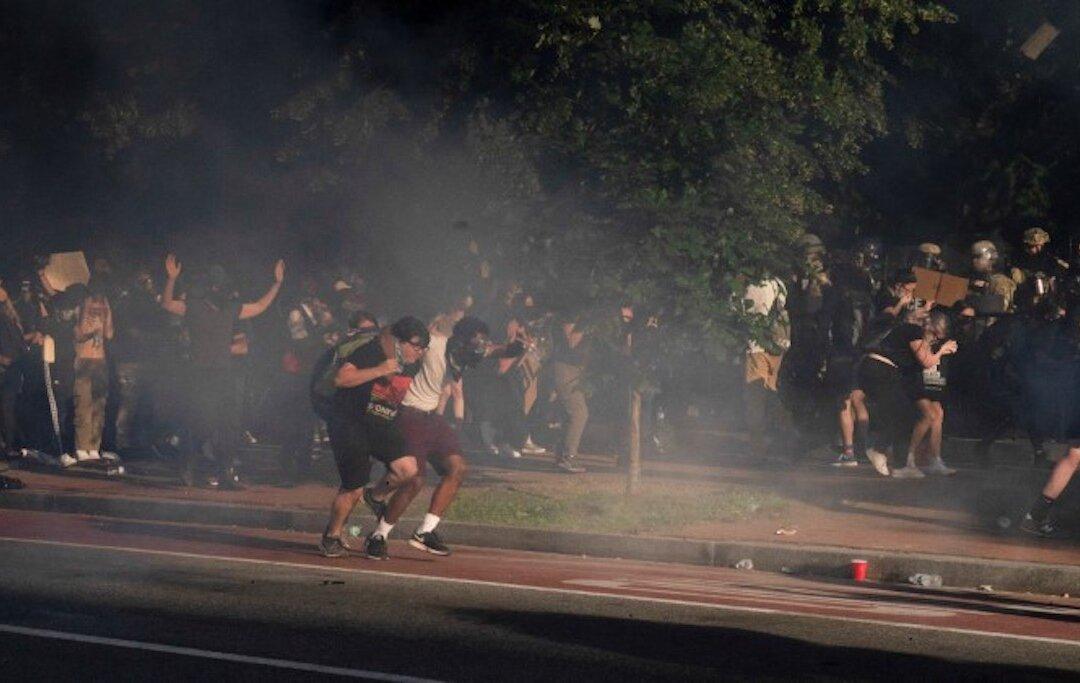The Biden administration agreed to amend some U.S. Park Police and Secret Service policies as part of a partial settlement agreement reached with Black Lives Matter protesters who were removed by law enforcement near the White House in June 2020.
The United States Park Police (USPP) and the United States Secret Service (USSS) agreed to update and clarify their policies governing demonstrations, and to implement the policy changes within 30 days.





